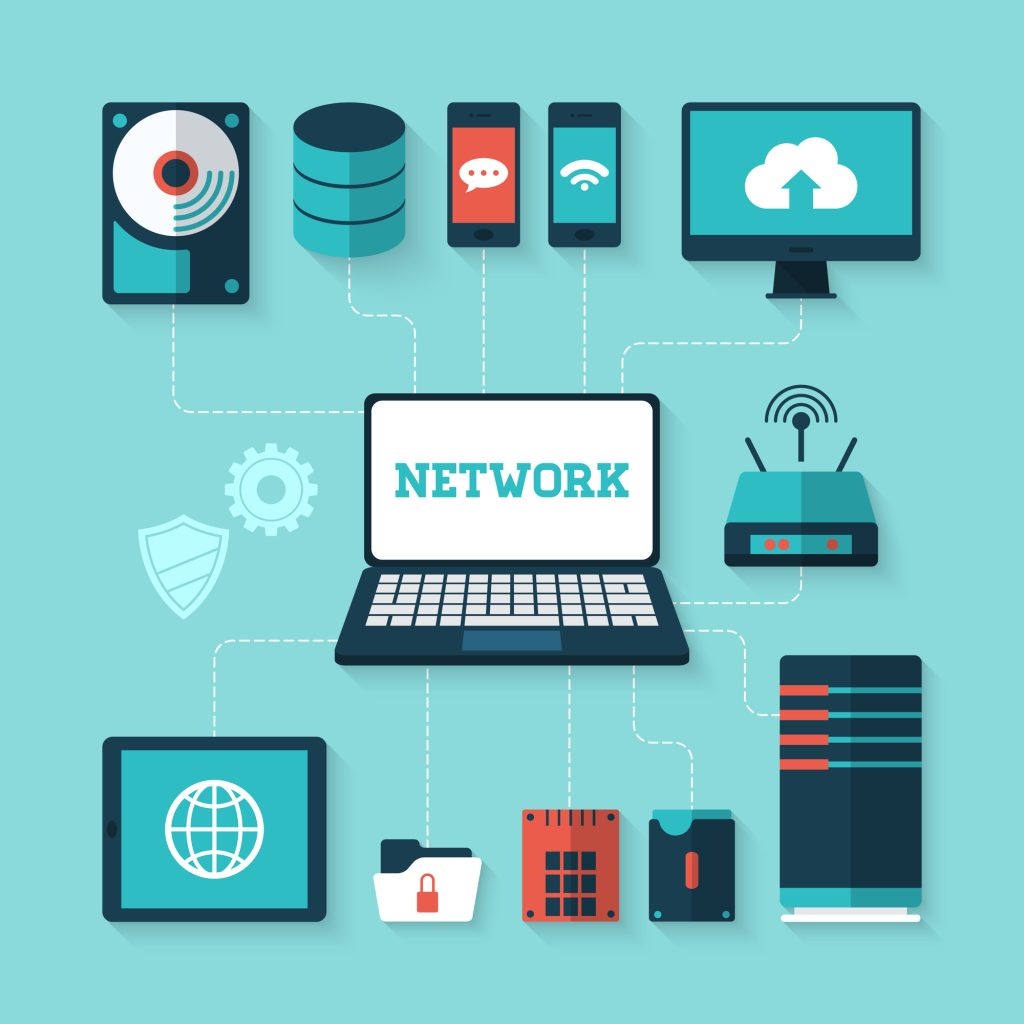- January 31, 2023
- Catagory remote work
Your IT People Are Worried About Remote Work Security
If you haven’t fully adjusted to the era of remote work, your IT team leader has something to say about security.
According to a new Cisco Systems survey, the increasing number of employees working remotely today – even as some employees head back to the office – is stressing out both business leaders and those responsible for security, and a big culprit is unregistered devices.

The Cisco survey found that 84% of 6,700 respondents, including 81% of the 300 Canadian respondents, found that working remotely has increased cybersecurity risks to their organization, and nearly a percentage of respondents cites unregistered devices used by employees in support of remote to be the likely cause of security incidents. Unregistered devices might include laptops, tablets, and smart phones, the survey said.
In general, Cisco found that in the early days of the pandemic when the sudden shift to remote work occurred, security became an afterthought, as noted by a Cisco exec interviewed by IT World Canada. The reason security tends to take a back seat when employees work from home is that they want a similar experience to working in the office, but they don’t want security controls that make it harder to do their jobs. In addition, remote work isn’t just about working from home – employees now want the option of working anywhere.
Meanwhile, the International Association of IT Asset Managers (IAITAM) has similar concerns about the impact of remote work on organizational security, echoing the Cisco survey’s observation that security wasn’t top of mind when the initial rush to remote work occurred in March 2020. Not only are personal devices being used by remote workers to access the corporate network contributing to security issues, but there’s also “low-tech breach” danger if organizations don’t have proper IT asset disposal procedures, IAITAM warns.
Not having a proper asset disposal program for computer hardware is just as important for remote work security as having a strategy for warding against employee errors, rogue employees, errant third party vendors, and outside hackers, advises IAITAM. Any asset disposal program should include certified data drive sanitation or destruction, and robust tracking of the disposal process so that data thieves aren’t gaining access to mission critical business information.
Monitoring the lifecycle of computer hardware used for remote work can be especially complex if they include personal devices, but asset management is critical to any organization’s security strategy. If you don’t a program in place, consider consulting your managed service provider for support.




 Latest Blogs
Latest Blogs FAQ
FAQ